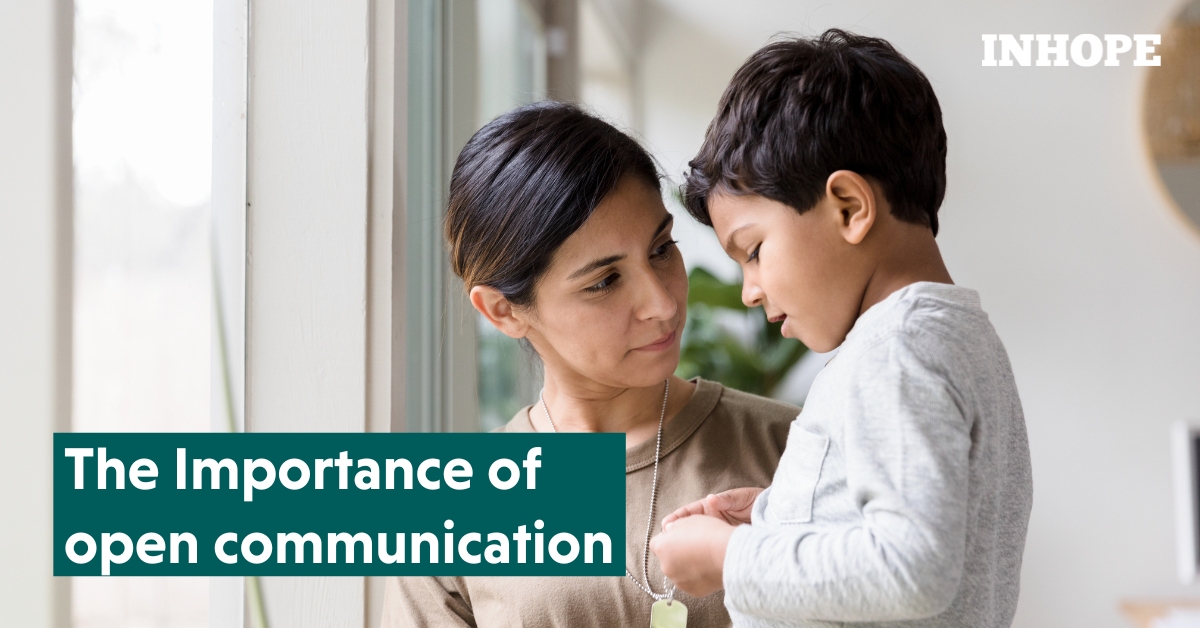The Importance of Open Communication
Open communication is a cornerstone of healthy relationships, effective workplaces, and successful societies. By fostering an environment where individuals feel free to express their thoughts, concerns, and ideas, open communication can lead to improved understanding, increased collaboration, and enhanced problem-solving abilities. This article explores the multifaceted importance of open communication across different contexts, emphasizing its benefits and offering practical tips for cultivating this crucial skill.
Understanding Open Communication
Open communication refers to the transparent, honest, and respectful exchange of information between individuals or groups. It involves not only speaking clearly but also listening actively. When people communicate openly, they share their ideas and feelings without fear of judgment or retaliation. This openness encourages trust, fosters mutual respect, and builds stronger connections.
The Benefits of Open Communication
 Building Trust and Strengthening Relationships: Trust is the foundation of any healthy relationship, whether personal or professional. Open communication helps build this trust by ensuring that all parties feel heard and valued. When individuals communicate honestly and transparently, they demonstrate respect for one another, which in turn strengthens their bond.
Building Trust and Strengthening Relationships: Trust is the foundation of any healthy relationship, whether personal or professional. Open communication helps build this trust by ensuring that all parties feel heard and valued. When individuals communicate honestly and transparently, they demonstrate respect for one another, which in turn strengthens their bond.
Enhancing Collaboration and Teamwork: In the workplace, open communication is essential for effective collaboration. Teams that communicate openly are better able to coordinate their efforts, share insights, and solve problems collectively. This leads to more innovative solutions and higher overall productivity. Moreover, open communication helps prevent misunderstandings and conflicts, creating a more harmonious work environment.
Facilitating Problem-Solving and Decision-Making: Open communication allows for the free exchange of ideas and perspectives, which is crucial for effective problem-solving and decision-making. When all relevant information is on the table, it becomes easier to identify the root causes of issues and develop comprehensive solutions. Additionally, involving multiple viewpoints in the decision-making process can lead to more balanced and well-informed outcomes. Promoting Personal Growth and Development: On a personal level, open communication encourages self-awareness and growth. By expressing thoughts and feelings openly, individuals can gain insights into their own behaviors and motivations. Furthermore, receiving constructive feedback from others can highlight areas for improvement and help individuals develop new skills and competencies.
Promoting Personal Growth and Development: On a personal level, open communication encourages self-awareness and growth. By expressing thoughts and feelings openly, individuals can gain insights into their own behaviors and motivations. Furthermore, receiving constructive feedback from others can highlight areas for improvement and help individuals develop new skills and competencies.
Fostering a Positive Organizational Culture: In organizations, open communication contributes to a positive culture where employees feel valued and empowered. Such an environment encourages engagement and commitment, leading to higher job satisfaction and lower turnover rates. Organizations with open communication are often more resilient and adaptable, able to navigate changes and challenges more effectively.
Practical Tips for Cultivating Open Communication
Create a Safe Environment: Ensure that all individuals feel safe to express their thoughts and feelings without fear of judgment or retaliation. This can be achieved by setting clear guidelines for respectful communication and actively addressing any instances of negative behavior.
Encourage Active Listening: Active listening involves fully concentrating on what the other person is saying, understanding their message, and responding thoughtfully. This practice shows respect and helps build trust. Encourage individuals to listen without interrupting and to ask clarifying questions to ensure understanding.
Be Transparent and Honest: Share information openly and honestly, even when the news is not positive. Transparency fosters trust and ensures that everyone has access to the same information, reducing the potential for misunderstandings and rumors.
Provide Constructive Feedback: Offer feedback that is specific, actionable, and focused on behaviors rather than personal attributes. Constructive feedback helps individuals understand how they can improve and contributes to their personal and professional growth.
Practice Empathy: Empathy involves understanding and sharing the feelings of others. By practicing empathy, individuals can better appreciate different perspectives and respond more effectively to the needs and concerns of others.
Conclusion
 Open communication is vital for building trust, enhancing collaboration, and fostering personal and organizational growth. By creating an environment that encourages transparency and respect, individuals and organizations can unlock their full potential and navigate the complexities of modern life with greater ease. Cultivating open communication requires effort and commitment, but the rewards are well worth the investment. Whether in personal relationships, the workplace, or broader society, open communication is a powerful tool for achieving mutual understanding and success.
Open communication is vital for building trust, enhancing collaboration, and fostering personal and organizational growth. By creating an environment that encourages transparency and respect, individuals and organizations can unlock their full potential and navigate the complexities of modern life with greater ease. Cultivating open communication requires effort and commitment, but the rewards are well worth the investment. Whether in personal relationships, the workplace, or broader society, open communication is a powerful tool for achieving mutual understanding and success.
























































![[ℕ𝕖𝕧𝕖𝕣] 𝕊𝕖𝕝𝕝 𝕐𝕠𝕦𝕣 𝔹𝕚𝕥𝕔𝕠𝕚𝕟 - And Now What.... Pray To The God Of Hopium?](https://cdn.bulbapp.io/frontend/images/79e7827b-c644-4853-b048-a9601a8a8da7/1)
